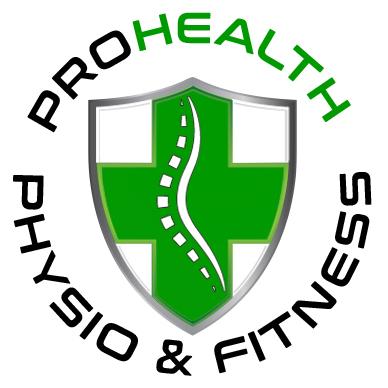At PROHEALTH PHYSIO & FITNESS, we believe in empowering our clients with the right knowledge to make informed decisions about their health. Two of the most effective approaches to physical rehabilitation and performance enhancement are Physiotherapy and Exercise Physiology. While they share common goals, they differ in methods, scope, and focus. Understanding these differences can help you choose the best path for your recovery or fitness journey.
Read more: Physiotherapy vs Exercise PhysiologyWhat Is Physiotherapy?
Physiotherapy focuses on diagnosing and treating physical impairments, pain, and movement dysfunctions.
Physiotherapists use hands-on techniques such as joint mobilization, dry needling, massage, and targeted exercises to restore pain-free movement. Their expertise lies in acute injury management, post-surgical rehabilitation, and chronic pain relief.
Key benefits of physiotherapy:
- Pain reduction and inflammation control
- Improved joint mobility and flexibility
- Rehabilitation after surgery or injury
- Management of neurological and musculoskeletal conditions
What Is Exercise Physiology?
Exercise Physiology centers on using movement and exercise to prevent, manage, and treat chronic conditions.
Accredited Exercise Physiologists (EPs) design personalized exercise programs that promote long-term health, strength, and resilience. They work with clients managing diabetes, cardiovascular disease, obesity, arthritis, and more.
Key benefits of exercise physiology:
- Improved cardiovascular and metabolic health
- Strength and endurance development
- Injury prevention and long-term recovery
- Lifestyle modification and chronic disease management
How They Work Together
At PROHEALTH PHYSIO & FITNESS, our integrated approach means Physios and EPs collaborate to provide holistic care.
- Physios help you regain pain-free movement and function.
- EPs build on that foundation with tailored exercise programs for sustainable results.
This synergy ensures that clients not only recover but thrive, reducing the risk of re-injury and enhancing overall well-being.
Who Should You See?
- Choose a Physiotherapist if you're dealing with acute pain, recent injury, or post-operative recovery.
- Choose an Exercise Physiologist if you're managing a chronic condition, want to improve fitness, or need long-term rehabilitation.
Still unsure? Our team at PROHEALTH PHYSIO & FITNESS will guide you through an initial assessment to determine the best care plan for your needs.
Ready to take control of your health?
Book your consultation today and experience the PROHEALTH difference where movement meets medicine for lifelong wellness.
Source: Allied Health Professions Australia and Healthdirect Australia
Title: A tale of two allied health professions
Read time: 10 mins

